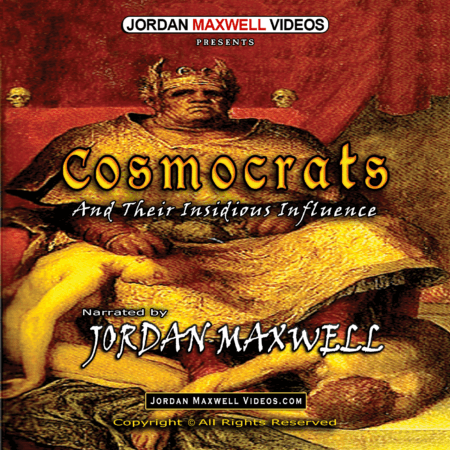Description
In “The Book of the Words,” Albert Pike explores a wide range of topics related to Freemasonry, drawing from his extensive knowledge of the craft and his deep appreciation for its spiritual and moral aspects. Pike’s writing is characterized by its profound wisdom, eloquence, and meticulous scholarship.
The book is organized into various sections, each dealing with different aspects of Masonic philosophy, symbolism, and morality. Pike delves into the significance of Masonic symbols, rituals, and allegories, elucidating their deeper meanings and the lessons they impart to Masons on their journey of self-improvement and enlightenment.
One of the notable aspects of “The Book of the Words” is Pike’s ability to connect Freemasonry with broader philosophical and historical contexts. He weaves together elements of Hermeticism, Kabbalah, ancient mystery traditions, and classical philosophy to demonstrate the universal and timeless nature of Masonic teachings.
Throughout the book, Pike emphasizes the importance of moral and ethical development, encouraging Masons to live virtuous lives and cultivate their inner character. He underscores the idea that Freemasonry is not merely a social or fraternal organization but a path toward personal and spiritual growth.
“The Book of the Words” also includes Pike’s reflections on the role of Freemasonry in society and its potential to contribute to the betterment of humanity. Pike’s vision of Freemasonry as a force for moral and intellectual enlightenment remains a source of inspiration for Masons and scholars alike.
In summary, “The Book of the Words” by Albert Pike is a lesser-known yet significant work in the realm of Masonic literature. It offers a profound exploration of Masonic philosophy, symbolism, and ethics, and it continues to serve as a valuable resource for those seeking a deeper understanding of the principles and teachings of Freemasonry.


 Copyright © 2023 - Jordan Maxwell Videos
Copyright © 2023 - Jordan Maxwell Videos Copyright © 2023 - Jordan Maxwell Videos
Copyright © 2023 - Jordan Maxwell Videos Copyright © 2023 - Jordan Maxwell Videos
Copyright © 2023 - Jordan Maxwell Videos Copyright © 2023 - Jordan Maxwell Videos
Copyright © 2023 - Jordan Maxwell Videos







